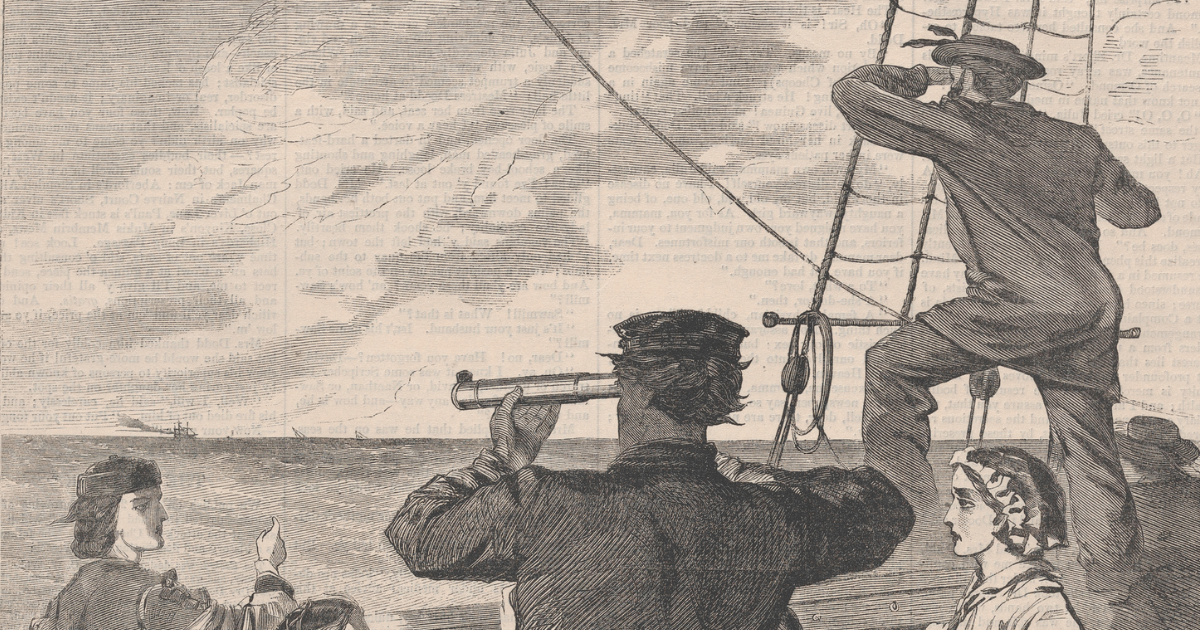- The Scholarly Letter
- Posts
- On Second-hand Scholarship and Academic Pirates
On Second-hand Scholarship and Academic Pirates
However, what is piratical about such open notebooks is that they trial alternative modes of knowledge sharing that resist the enclosures of copyright and proprietary temporality, and that trouble the very idea of knowledge as a finished, ownable product.

On Second-hand Scholarship and Academic Pirates
Your Scholarly Digest 4th September, 2025
Was this newsletter forwarded to you? Sign up to receive weekly letters rooted in curiosity, care, and connection.
Know someone who will enjoy The Scholarly Letter? Forward it to them.
All previous editions of The Letter are available on our website.
Online Thumbnail Credits: Cleveland Museum of Arts Open Access Collection
Hi Scholar,
Sci-Hub, the largest and probably most efficient academic shadow library ever created, will have its 14th birthday tomorrow, after being officially launched on the 5th of September 2011. The mood this year is unlikely to be a celebratory one; on the 19th of August, the New Delhi High Court ordered that Sci-Hub be blocked in India, ending a years long case for copyright infringement brought by Elsevier, Wiley and the ACS.
According to data from the dimensions.ai database, between the 1st of January 2020 and the present day, 41.7 million new journal articles have been published. Despite continuing momentum in Open Access, 45% of them (or 18.9 million) have been published behind a paywall. While Sci-Hub clearly violates copyright law, for scholars at universities with modest library budgets, or scholars working independently, it is not hard to imagine the benefits that the project has brought. It is not an exaggeration to say that, despite its illegality, no other initiative has rivalled its impact in expanding access to research literature.
BRAIN FOOD
Pirates of The Academy
Pirate networks like Scihub, LibGen, Anna’s Archive, and the now defunct AAAAARG.ORG – to name a few – have made use of the digital networked technologies of our time in attempts to provide alternative, autonomous, self-organising models of knowledge sharing. These kinds of projects are experimental not just with regards to the material scaffolding of how knowledge sharing practices are dis/organised – providing radical alternatives to the commodification of knowledge – but also with the conceptual scaffoldings of access, authorship, copyright that underpin knowledge, research, and scholarship. As Lance Eaton tells us, scholars' participation on these academic pirate networks are not just driven by their access needs but also “by ideological resistance to the perceived exploitative nature of current academic publishing practices and associated social, geographical, and institutional inequities in access to research literature.” In this sense, pirate networks are not only materially different projects but also embody a different kind of philosophy altogether.